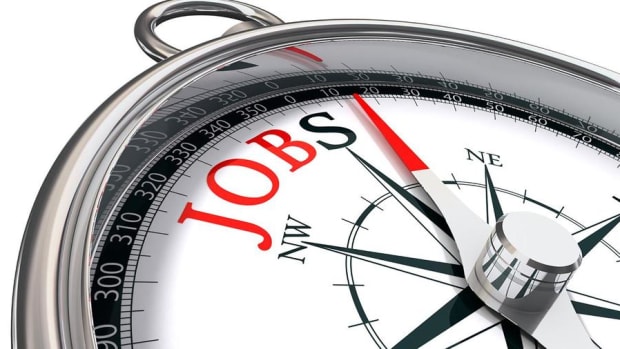Social Security Administration Boosts 2022 COLA Payment By 8.7% As Inflation Pressures Surge
The U.S. Social Security Administration lifted its cost-of-living adjustment for 2022 by the most in more than four decades Thursday as inflation continues to boost the price of everyday goods while eroding the purchasing power of monthly retirement payments.
The near 70 million Americans receiving social security payments will see a 8.7% increase in the cost-of-living (COLA) for benefits beginning in January, the SSA said, with increased payments to approximately 8 million SSI beneficiaries beginning on December 30. The COLA increase could translate into an additional $140 payment to the average monthly benefit total of around $1,634.
“Medicare premiums are going down and Social Security benefits are going up in 2023, which will give seniors more peace of mind and breathing room," said acting Commissioner Kilolo Kijakazi. "This year’s substantial Social Security cost-of-living adjustment is the first time in over a decade that Medicare premiums are not rising and shows that we can provide more support to older Americans who count on the benefits they have earned.”
COLA changes are made to ensure that the purchasing power of Social Security benefits aren't eroded by inflation, which was last pegged at 8.2% in September, near the highest levels since the early 1980.
Headline inflation rates eased modestly last month, data from the Commerce Department indicated Thursday, but core consumer price pressure remain firmly elevated suggesting they remain more deeply imbedded into the world's biggest economy.
The Federal Reserve, meanwhile, has vowed to continue raising its benchmark interest rates in order to tame the fastest pace inflation gains in forty years, even if it means tipping the U.S. economy into recession.





